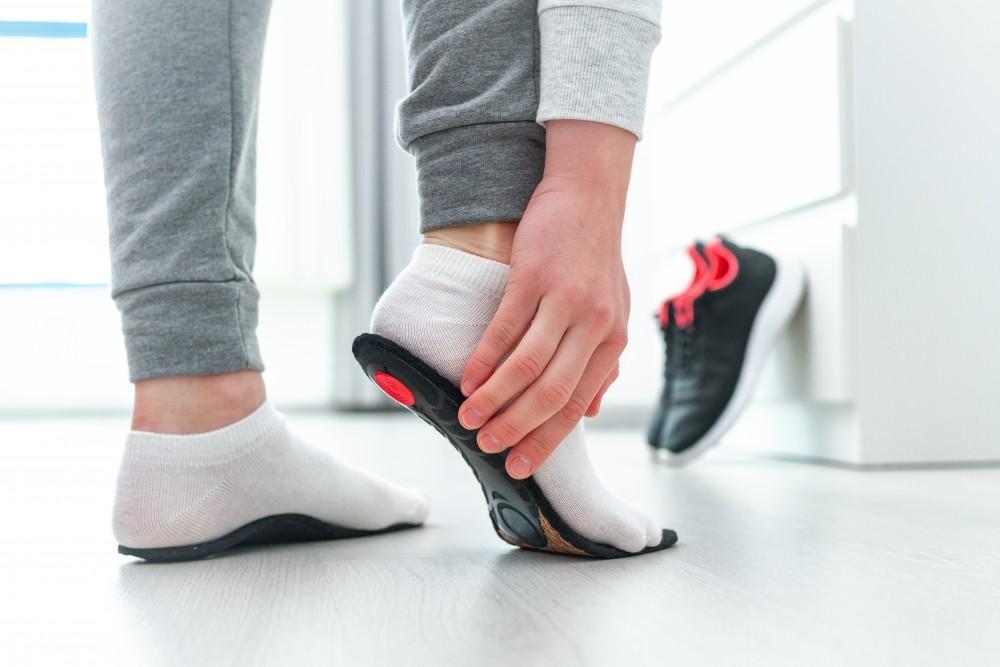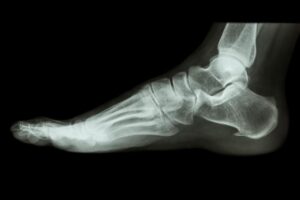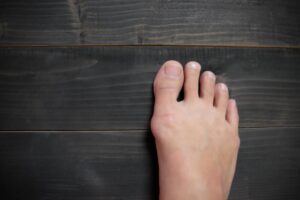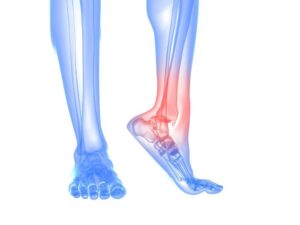How to Tell What Kind of Arch You Have, and What Shoes You Need

Staying active is one of the best ways to stay physically healthy and mentally engaged. As you run, walk, or participate in the sport of your choice, it’s important to choose the right pair of shoes.
Your feet carry your entire body weight while you’re active, so wearing the correct pair of shoes keeps your feet balanced, functioning, and healthy. One of the best ways to determine what kind of shoes best support your feet is by learning your arch type.
Board-qualified podiatrist Ryan Golub, DPM of Phoenix, Arizona’s Arizona Foot Health explains how to determine what shoes you need based on your arch type, and when you also need custom orthotics.
Determining your arch type
Dr. Golub can tell you your foot’s arch type during an office visit, but it’s also something you can discover at home by performing a simple test. To learn what arch type you have, you need water and a piece of cardboard at least as long as your foot.
Start out by getting the bottom of your foot wet. Next, take your wet foot and step onto the piece of cardboard. You’ll evaluate your foot type based on the water print your foot leaves on the cardboard.
If you have a normal or medium arch, the print of the arch of your foot, located in the middle of your foot between the ball and heel, will appear about 50% filled. When your arch appears completely filled, this means you have a flat arch. You have a high arch if you see very little of an impression where your arch appears.
The best kind of shoe for each arch type
You have different shoe needs depending on whether you have a normal, flat, or high arch. Choose a shoe that meets the criteria for your arch type and is also comfortable for your athletic activity of choice.
Normal (medium) arch shoes
Having a medium arch typically means your foot can support your body weight on its own. Choose a shoe that offers moderate stability and firm shock-absorption midsoles.
Flat arch shoes
When you have flat feet and little to no arch, you’re at a higher risk of developing problems with your joints and straining your muscles. To prevent this, pick a shoe with added motion control and a straight last (molded shape).
High arch shoes
High arches make it more difficult for your feet to absorb shock, which can lead to muscle and joint strain. To mitigate this, wear curved shoes with lots of cushioning to help your foot absorb the shock.
When you need custom orthotics in your shoes
Some active adults also benefit from custom orthotics, insoles made to address any structural issues in your foot. Your wear orthotics as inserts in your shoes.
If you have flat or high arches, custom orthotics can correct structural abnormalities, make moving more comfortable, and prevent you from developing pain or injuries. Custom orthotics also provide support or relief with any arch shape if you have a foot condition that makes walking more difficult, such as plantar fasciitis, tendinitis, bursitis, or arthritis. They can also relieve pain from foot calluses or corns.
At Arizona Foot Health, Dr. Golub can determine if you need custom orthotics by evaluating your foot. He then carefully makes molds of your feet.
These molds get sent to a lab, where your orthotics get made based on your own unique measurements and specifications. Custom orthotics are durable, long-lasting, and make it possible to do activities that were previously too painful.
If you’re experiencing foot and ankle pain or discomfort while you’re active, a new pair of shoes and custom orthotics might be all you need to find relief. For a full evaluation and treatment recommendations, request an appointment online or by phone with Arizona Foot Health.
You Might Also Enjoy...
The Achilles Heel
Given Arizona’s climate, patients are able to remain active year round. It’s why we all chose to live here. But…
Alleviating Back Pain and Other Benefits of Custom Orthotics You Didn’t Know About
Would you ever imagine that custom foot orthotics could improve your quality of life? That’s what many people say after…
9 Helpful Tips to Prepare Your Home Before Bunion Surgery
When moderate interventions, such as wearing wider shoes or using pads in your shoes, fail to ease your bunion pain…
When Should You Go to the Doctor for an Ingrown Toenail?
In most cases, you can nurse an ingrown toenail at home with over-the-counter pain medication, topical antibiotic creams, and soaking…
6 Home Exercises to Keep Your Ankles Strong
Ankles that feel wobbly and weak are vulnerable to injury. If you play sports, run, jump, or just walk often,…
Is Surgery My Best Option For Treating Bunions?
You have a bunion and it isn’t pretty, but if your bunion is small enough, or doesn’t hurt, you may…






